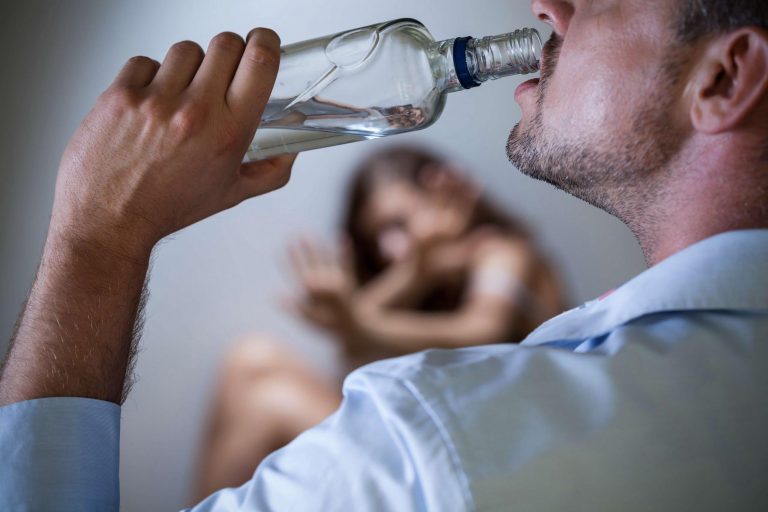Content
People who are addicted to a drug may continue to use it even when it causes problems in their personal or professional lives, and they may feel a strong craving or urge to use the drug. Regardless of the severity of the dependence or addiction, it’s never recommended to stop using drugs or alcohol cold turkey. In the case of Jordan Peterson, trying to quit all at once can be deadly for people suffering from severe, long-term addictions.
These triggers set off biochemical changes in a person’s brain that strongly influence addictive behavior. Addiction is marked by a change in behavior caused by the biochemical changes in the brain after continued substance abuse. Substance use becomes the main priority of the addict, regardless of the harm they may cause to themselves or others.
Diagnosing SUD vs. Dependency
” Mental dependence is when the use of drugs or alcohol is a conditioned response to something you feel or an event, often referred to as triggers. For example, if you get into an argument with a significant other, your first response will be to pick up a six-pack of beer or call your dealer for illicit drugs. These triggers set off biochemical changes in your brain, which influence addictive behavior. Addiction and dependence are words both used to describe an unhealthy and problematic pattern of drug or alcohol use.
I’ve been taking Clonazepam, 1mg at bedtime, originally for anxiety, but along the way I found that it keeps me from acting out my dreams, something my wife did not appreciate. It’s hard to know just how much it decreases the panic attacks, but they’ve become less frequent. Treatment programs are often based on different theories and philosophies. So, it’s important to consult a doctor to find the best program for your needs.
Dependence
There are nuances in the meanings of addiction and dependence, but many in the medical community use the terms interchangeably. Not all physical dependency should be treated as something to be fixed, though. Bear in mind a person can be dependent on certain medications for chronic conditions that will be required for the rest of their life. For example, a person with type 1 diabetes (sometimes called insulin-dependent diabetes) will not be treated for this dependency as it is necessary to their survival.

There is no shame in experiencing a substance use disorder or physical dependency. Many factors can contribute to the development of either of these. If you are concerned that you may be experiencing a substance use disorder of any kind, talk to your healthcare provider. It can help to lean on addiction vs dependence a supportive community of loved ones as you go through the recovery process. It also includes closely monitoring patients who are prescribed such drugs. Physiological dependence is very common and can occur with many different kinds of substances, including those considered to be medications.
What is the difference between opioid addiction and dependence?
Patients enrolled in such programs can qualify for a substance use disorder only if they have other symptoms of aberrant behavior demonstrating compulsive drug-seeking. SUD can have devastating, life-long consequences if not addressed. SUD results in compulsive behaviors that manifest as cravings, an inability to control use, and continued use of the drug despite its harmful consequences. SUD can occur separately from physical dependence, although in the case of opioid use, a patient is also typically physically dependent on the drug. It is important to understand and discuss the risks of drug dependence with your prescribing doctor. In 2013, the American Psychological Association (APA) released the fifth edition of the DSM.
